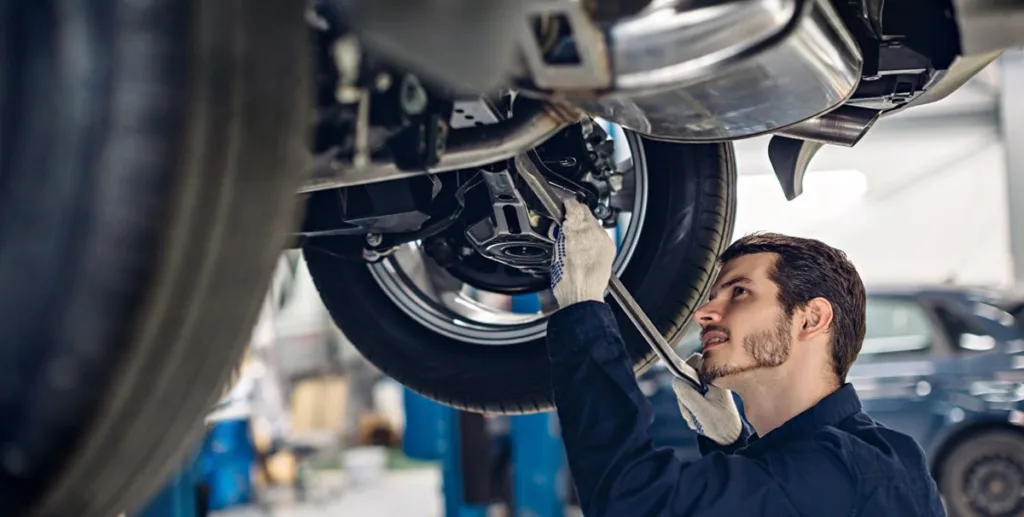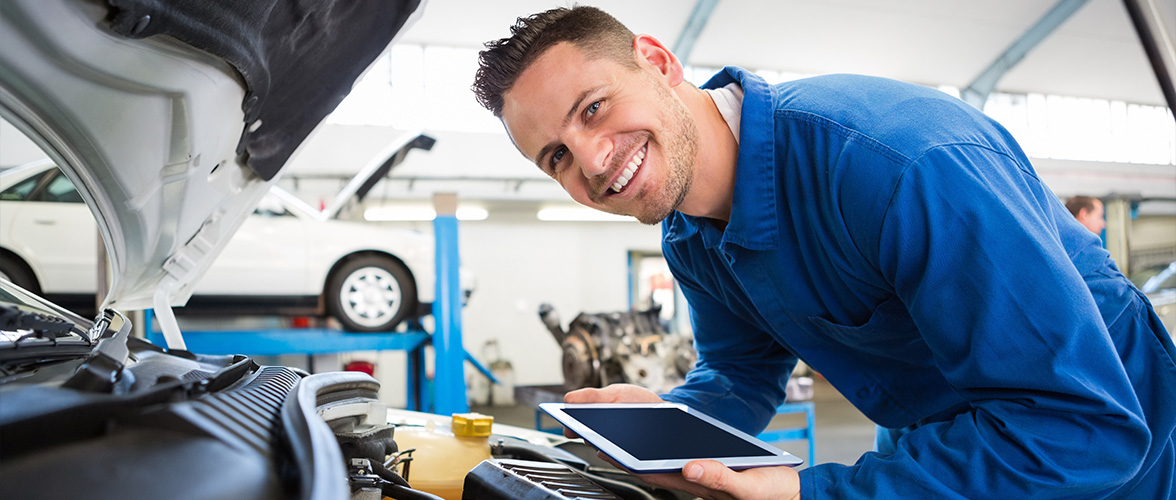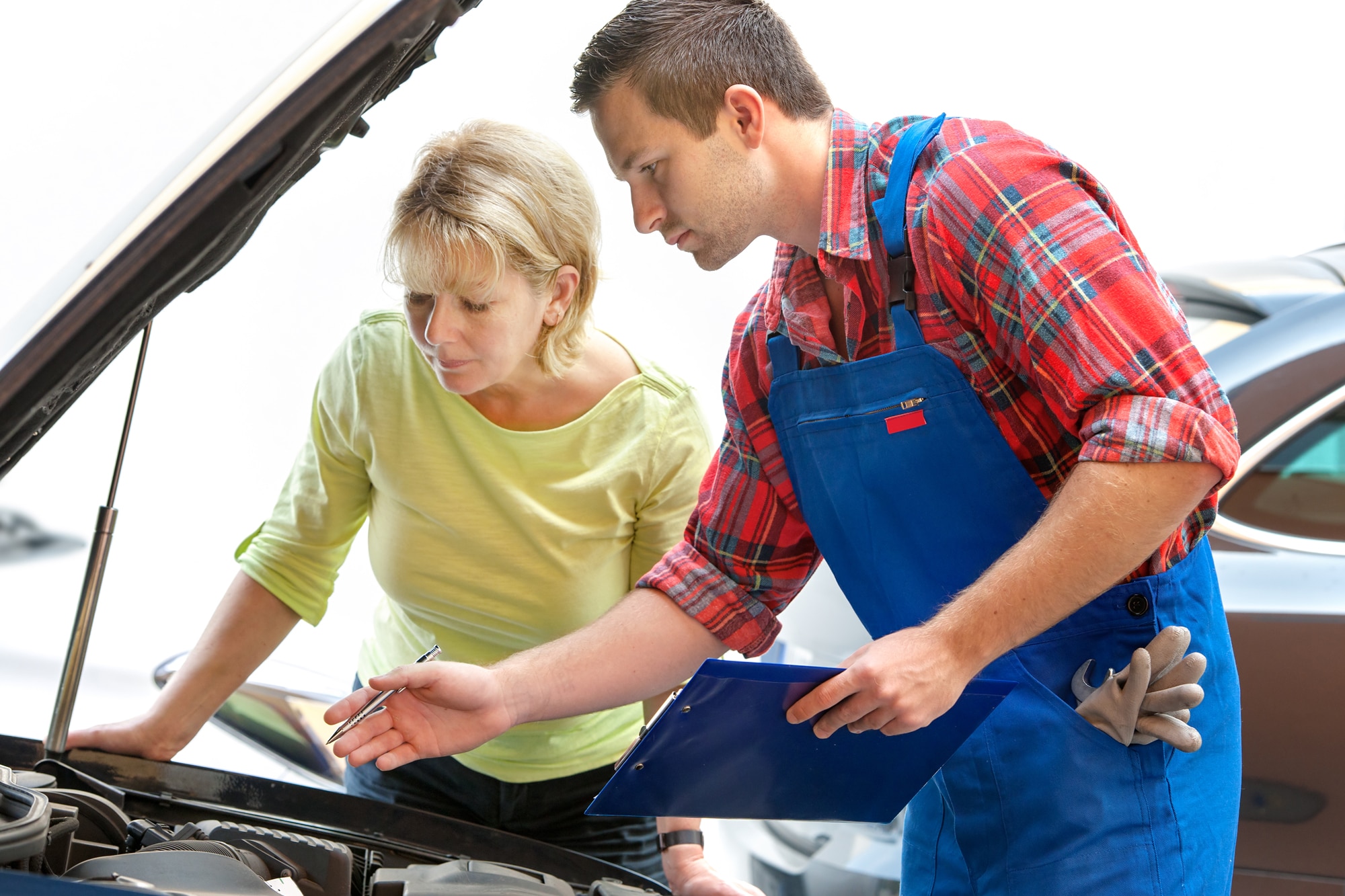Featured
When your car experiences a major malfunction, the cost of fixings can be a complicated monetary factor to consider. Whether it's the failure of an essential system like the engine or transmission, or the need for comprehensive repair work to various parts, recognizing the factors that influence repair costs can assist you make more educated decisions. Below, we lay out the essential variables that add to the cost of major auto repair work.
![]()
![]()
![]()
Conclusion. A number of aspects affect the expense of major auto repair work, consisting of the kind of repair service, the make and version of your vehicle, the quality of the components utilized, labor costs, and the level of the damage. Comprehending these factors can aid you make more informed choices and plan for the monetary effects of auto repairs.

- Sort of Repair service. The primary element influencing the cost of automobile fixings is the sort of concern your vehicle is experiencing. Some fixings are a lot more uncomplicated and cost effective, such as changing a battery or alternator. Other repair services, like taking care of a malfunctioning transmission or attending to a serious engine trouble, can be far more costly due to the intricacy and specialized labor required. Particular systems in an automobile, like the engine or transmission, need even more time to repair and identify, which directly converts right into greater labor costs. Additionally, some issues, such as electric concerns or cooling malfunctions, might involve troubleshooting that enhances the total expense.
- Car Make and Version. The make and version of your car plays a major function in identifying repair prices. Deluxe cars and high-performance cars like BMWs, Audis, or Mercedes-Benz tend to have greater repair work expenses because of their specialized components, progressed modern technology, and the competence required for their fixing.

- Components Top Quality and Accessibility. The quality of the components made use of in the repair service significantly impacts the expense. Since they are designed especially for your vehicle and are guaranteed to meet factory standards, original Devices Supplier (OEM) parts are usually more costly than aftermarket parts. While OEM components ensure high quality and resilience, they commonly include a greater rate tag. Additionally, aftermarket parts may be more economical however can differ in high quality. Sometimes, more affordable aftermarket components might minimize the overall fixing cost, but they may not give the very same durability as OEM parts, which might cause extra repair services in the future. The schedule of components, especially for older or rare vehicles, can also affect the expense. If parts are difficult to locate, it might take longer to complete the fixing, resulting in greater labor costs.
- Labor Costs. Labor is just one of the largest costs when it involves cars and truck repairs. Mechanics normally charge by the hour, and repair work times can vary relying on the complexity of the concern. Some repairs, such as engine overhauls or transmission fixes, may require a number of hours and even days of labor, substantially boosting the overall cost. Labor rates additionally depend upon the location of the repair service store-- auto mechanics in high-demand areas or metropolitan locations might bill higher prices because of the expense of living and overhead. Furthermore, specialized repair work for complicated systems might call for more seasoned specialists, whose per hour rates often tend to be higher.
- Extent of the Damages. The degree of the damages is another vital aspect affecting fixing expenses. If the damage is constrained to one component of the automobile, such as a broken alternator or defective brake pads, the fixing will generally be much less pricey. Nevertheless, if the problem is extra severe and influences several systems, such as a transmission failing that additionally damages various other parts, the cost will certainly climb. Extensive damages may likewise require the replacement of several components, which boosts both the price of parts and labor.
- Lorry Age and Problem. The age and general condition of your car play a significant role in the price of repair work. Older cars are much more likely to experience wear and tear, leading to even more regular and potentially much more pricey repair services. As cars age, certain elements, such as the suspension or exhaust system, may end up being a lot more susceptible to failing. Furthermore, discovering components for older designs can be challenging and pricey, particularly if the manufacturer no longer creates those components. Well-kept lorries tend to have reduced repair work prices because their systems remain in better working problem, calling for fewer and less costly repair services.
- Shop Area and Credibility. The repair work store you pick can also affect the price of your repair services. Additionally, repair shops that specialize in specific brand names or kinds of fixings might bill extra for their competence.

- Guarantee and Insurance Coverage. If your automobile is still under guarantee, significant repair services may be covered, which can considerably reduce your out-of-pocket expenditures. Furthermore, if the damage is caused by an accident or exterior aspect, your automobile insurance may cover the repair work costs, much less any kind of insurance deductible.
Conclusion. A number of aspects affect the expense of major auto repair work, consisting of the kind of repair service, the make and version of your vehicle, the quality of the components utilized, labor costs, and the level of the damage. Comprehending these factors can aid you make more informed choices and plan for the monetary effects of auto repairs.
Latest Posts
Experience Coastal Style at Deauville Inn
Published Apr 20, 25
1 min read
A Historic Coastline Location with Modern Delights
Published Apr 13, 25
1 min read
Picking the Right Venue: What to Think about for Weddings, Conferences, and Occasions
Published Mar 06, 25
1 min read